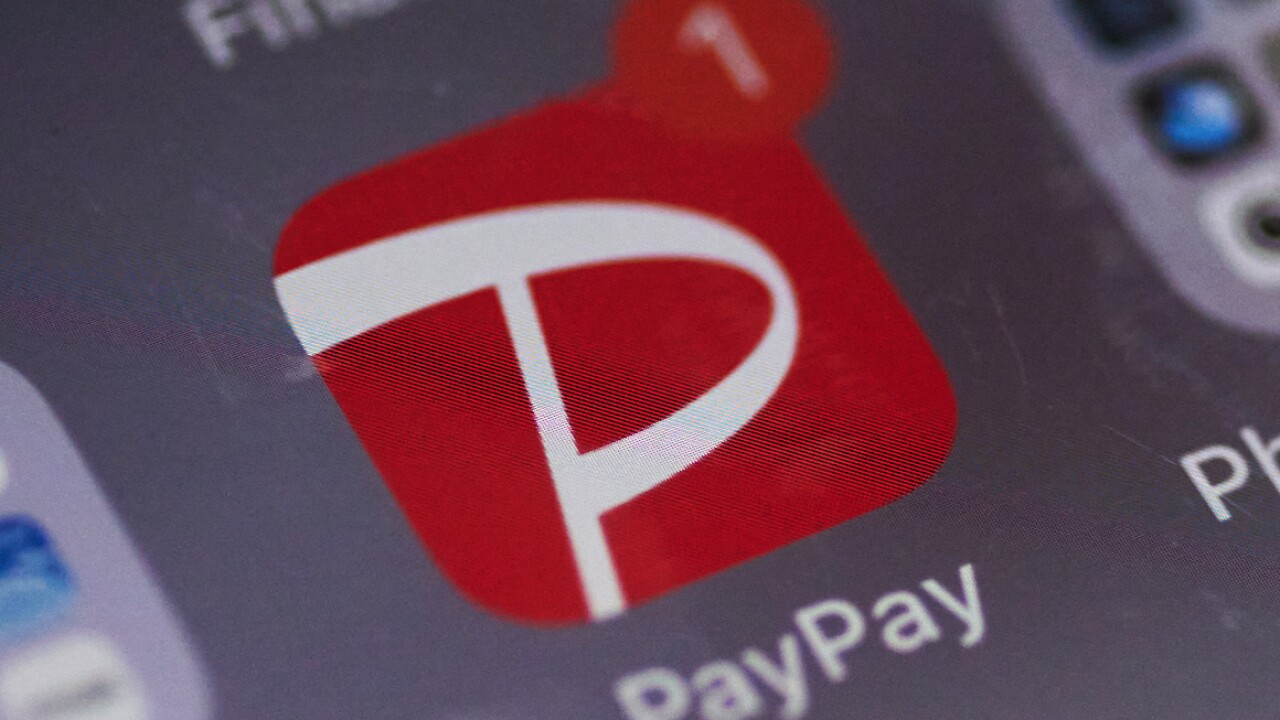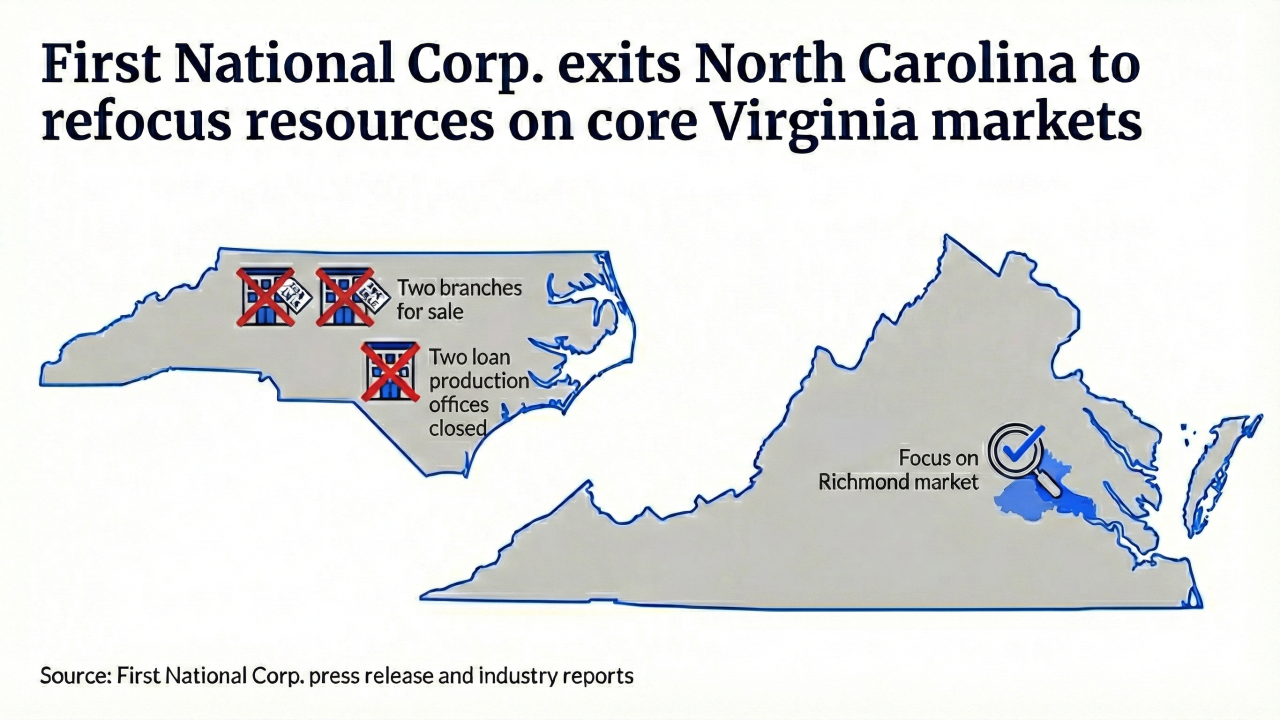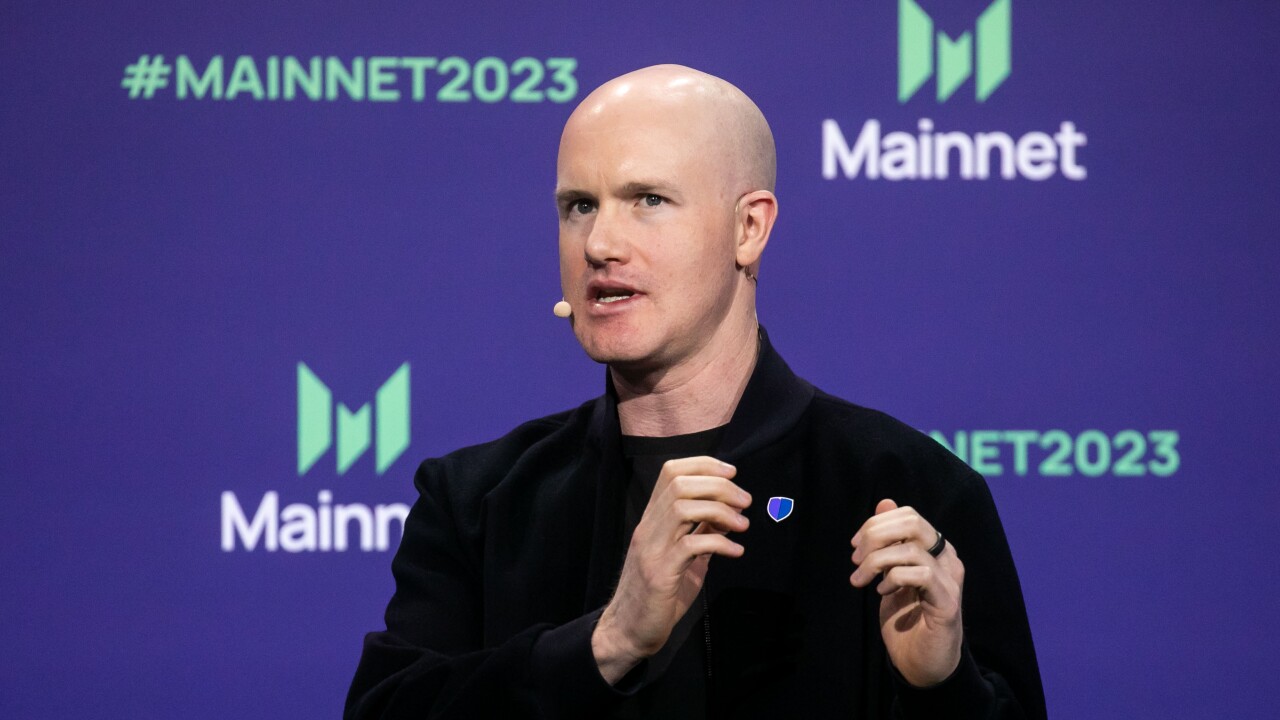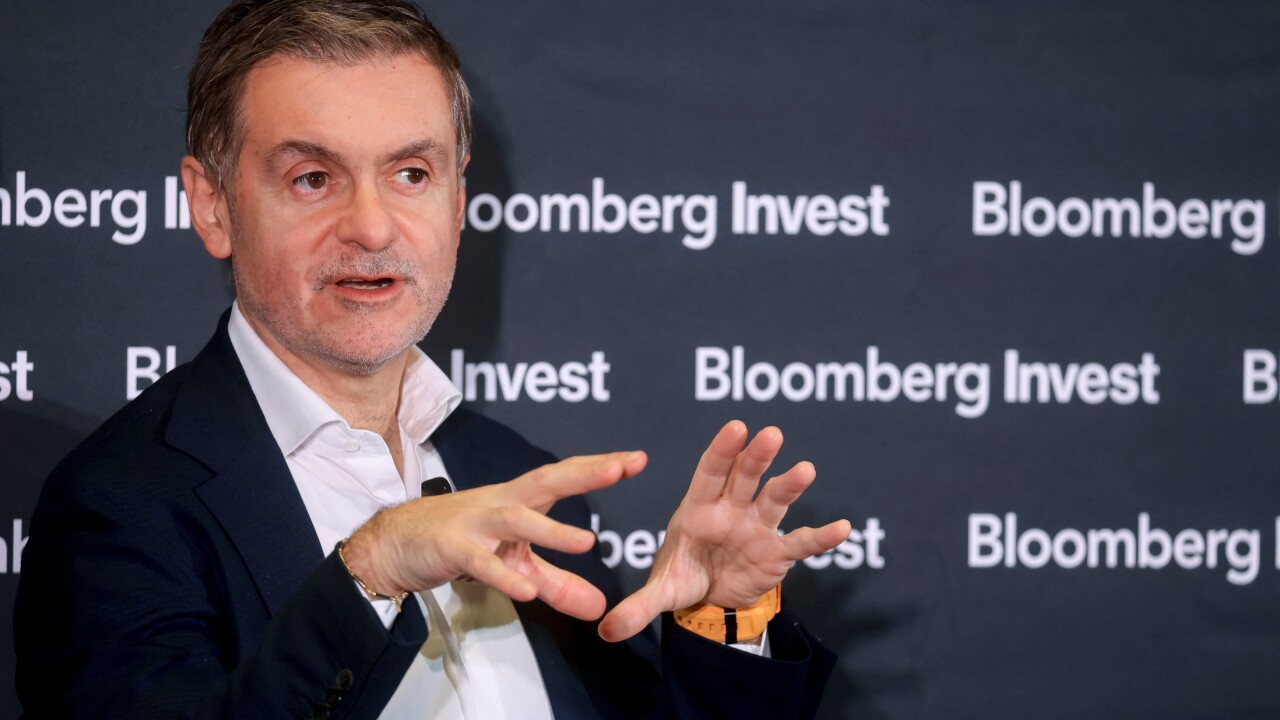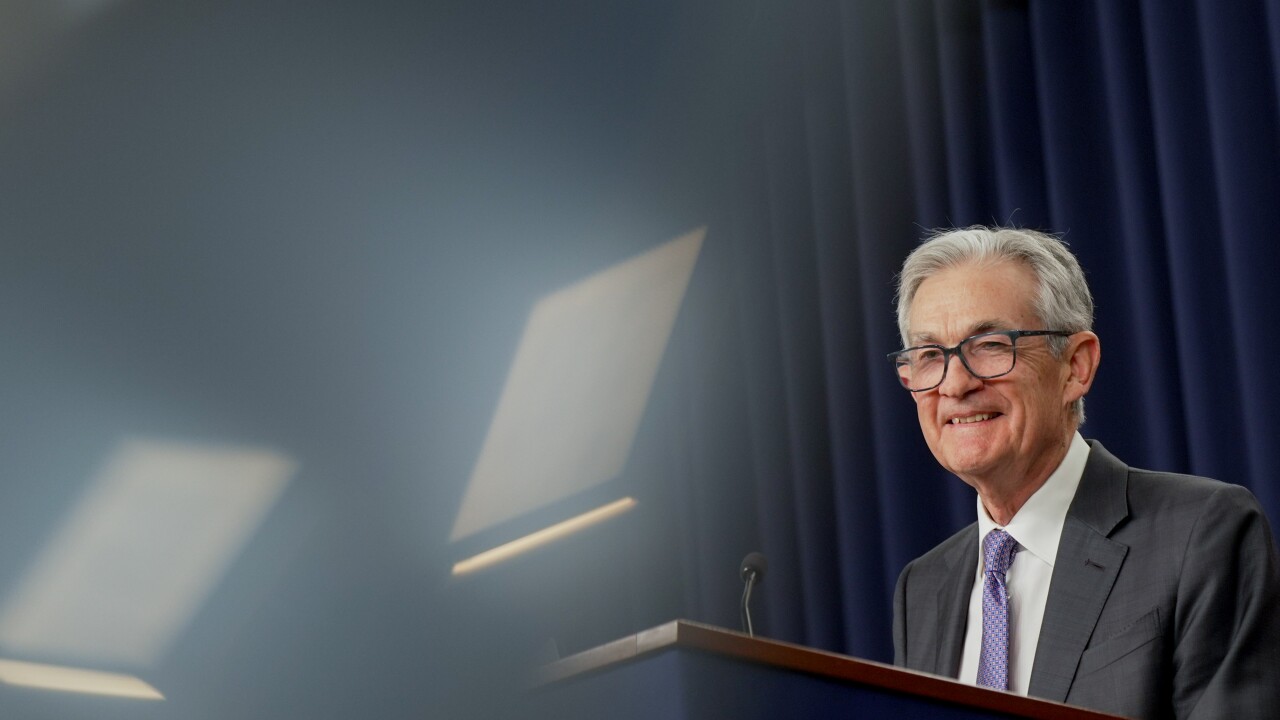A small group of crypto-savvy bankers based in Mauritius and Abu Dhabi are creating an investment bank for the digital world called Fincross International.
It's an ambitious plan, intended to offer anything a crypto investor might want — digital asset custody, trading, securities token offerings — from an institution regulated by the government of Mauritius. The group expects to target institutional investors, such as hedge funds and family offices, and retail investors.
“The industry is quite fragmented today,” said Henry James, Fincross' deputy chief executive. “If you want to invest in cryptocurrency, you might work with a custodian. If you want to issue security tokens, you might work with a different firm. We’re trying to create an institutional platform to be able to do all these things in house.”

Some are already warning that the startup promises too much, especially given the volatility of digital assets and the track record for initial coin offerings.
“What they’re saying they’re able to achieve is unbelievably ambitious and difficult to do without major infrastructure, connections and experience,” said Lex Sokolin, global director of fintech strategy at Autonomous Research. “There’s a danger in overpromising.”
But James said that the risk is no worse than that of a traditional investment bank.
“Investment banking involves quite a simple business model and with Fincross International we have not attempted to veer away from the existing business model of an investment bank, but rather use it as our model for serving the digital asset markets and economy,” he said.
The Fincross road map
James was an FX trader, first at PE Capital and later at his own firm, Rolle Capital. He started actively trading cryptocurrency in 2016.
He and his two Fincross co-founders — Eddy Abramo, the CEO, and Esfandiar Lagevardi, the head of research — started planning in March 2017 to launch a crypto hedge fund, but by the end of that year, they were offered an opportunity to apply for an investment banking license in Mauritius. They realized that while a hedge fund lives or dies on performance, an investment bank could make money in a wide variety of ways.
James has spent the past two years setting up that bank with colleagues like Abramo, previously regional CEO for the Middle East and Africa at Societe Generale’s private bank.
“Our team is experienced in banking, investment management, private equity, product distribution, currency markets, fintech, blockchain, AI and more,” James said.
Fincross received an investment banking license from the government of Mauritius in January and plans to start onboarding clients in April. The license includes five sublicenses for asset management, broker/dealer, product distribution (allowing it to resell others’ funds), investment advisory, and collective investment schemes.
Fincross also has applied for three additional licenses: a digital asset custody license, a digital assets exchange license and a sandbox license “for everything else crypto or digital-asset related that we want to do,” James said.
"The issue for me becomes, how are you going to sell it to U.S. investors?"
The company’s chief investment officer, head of research and chief technology officer are based in Paris and the rest of the executive team is based in Abu Dhabi. The 24-person tech team is based in Macedonia. In the second quarter, some members of the tech team will be brought to Mauritius.
The company plans to open a U.S. branch in June.
James said operating with an offshore license offers an advantage.
“You can work with a custodian in New York that’s working on the back of a trust license or you can come to us,” he said. “We have a license specifically for this activity from a country where there are regulations in place to do with cybersecurity and risk management of how we manage the process from start to finish, both on the deposit and withdrawal side of custody. We think that will give confidence to our clients.”
But some observers question the choice of Mauritius.
“As a U.S.-based practitioner, you want to go to a well-known jurisdiction with an established history of financial services as well as enforceable laws,” said Huhnsik Chung, a partner at Stroock & Stroock & Lavan. “The issue for me becomes, how are you going to sell it to U.S. investors?”
Many companies have gone to Bermuda for digital asset management licenses, he noted.
James said once Fincross is fully up and running, it can expand opportunistically. “As and when we can apply for these licenses in additional jurisdictions, we intend to do it. Mauritius was a first-move opportunity for us.”
Fincross uses artificial intelligence to develop insights into the crypto markets and predict price, volatility and chaos within cryptocurrencies. The models predict what digital currency prices will do in the next 30 minutes or months out.
James said a pipeline of clients is awaiting the launch, including traditional hedge funds, family offices and individual clients. The minimum deposit will be $5,000.
James predicts the overall digital asset market will reach the quadrillions.
“Eventually almost all financial instruments as we know them today, stocks and bonds, will be tokenized,” he said.
“The equities market, the bond market, will all be on the blockchain," he said. "Because the blockchain reduces the cost of transacting on the secondary market, the execution speed with which you could trade is much faster and there’s a much higher degree of transparency, so commissions are known if they exist and you can’t mess around if your actions are stamped into the blockchain. Your reputation is on the line.”
James also sees huge demand for advisory services and the issuance of security tokens on the primary and secondary market.
This summer, Fincross plans to launch two funds, one actively managed and the other a passive index fund. It will also resell external funds.
By the end of 2019, the company will launch its own distributed ledger.
“In terms of technology, we have already built and tested a number of our solutions and we have been adopting best elements from Hyperledger Fabric, Ethereum and IOTA while designing our distributed network,” James said.
Fincross plans to grow quickly to 90 people, but keep 80% of its workforce as developers. So far it has raised $2.3 million in capital. It’s working to get $15 million more.
Security plans
The foundation of Fincross’ services, James said, will be digital asset custody.
“Once we facilitate the custody of your digital assets, we are in a position to easily be able to deploy those assets without relying on a third party,” he said.
Security is critical to cryptocustody — it is arguably the most important thing in the holding of other people’s digital assets.
Fincross is creating a multisignature custody offering. The customer will get one private key to the digital asset account. A second key will be encrypted and stored on a cloud server. A third key will be sharded, split in two parts. One part will be held by Fincross’ custody team in Mauritius and the other will be held by the account manager.
“Therefore, even if Fincross were compromised in the worst way possible, your key would still need to be accessed and compromised in order for a withdrawal to be made from the account,” James said. “So we believe in the idea of distribution of these private keys, as opposed to relying on one key which effectively becomes one central point of failure.”
He does not expect the extra security to cause delays for customers. The keys can be retrieved in 20 minutes, James said, and he hopes to get that down to 10.
"You can work with a custodian in New York that’s working on the back of a trust license or you can come to us."
Other providers have been offering this for some time.
“Of course you’re going to have multisig custody,” Sokolin said. “If you look at players like BitGo or Cumberland, they have done this heavy lifting for years. Outsourced custody has been figured out.” (Another example is the startup
Tough competition
Many larger companies are ahead of Fincross. Competitors already out in the world include Binance, Galaxy Digital, Atomic Capital, Tokeny, Securitize, Templum, tZero and BitGo.
BitGo provides wallet, custody and trading services for institutional investors. It offers “hot wallets” for assets that are actively traded; they’re stored online and protected with multiple private keys. It also offers cold wallets, where assets are held offline and the keys are held at BitGo Trust in South Dakota, a regulated arm of the company.
BitGo recently announced a $100 million insurance plan from Lloyds of London that covers the assets it holds in custody for clients.
“The insurance process demonstrates we are secure and have proper controls in place,” said Tom Pageler, BitGo's chief security officer. “Insurance companies do not insure with the idea that they’ll ever pay out.”
There are also plenty of registered broker/dealers offering digital investment advisory, Sokolin noted.
One example is North Capital, he said. It’s a broker/dealer that’s been around for about five years. Several months ago the firm began supporting security token offerings.
“You’re not going to get the flashy positioning you’re getting here, but you’re getting some real operational expertise and out-of-the-box services that are up and running,” Sokolin said. “And if you look at something like Templum, an alternative trading system that’s going to do security token offerings in this space, their site doesn’t come off like it’s designed for a skyscraper, but it works. It has all the regulatory relationships.”
Chung pointed out that Fincross is in very early stages: It doesn’t have a “mainnet” yet, meaning its blockchain technology hasn’t been fully formed.
On the positive side, observers note that Fincross’ CEO, Abramo, has a banking background. He has worked for Societe Generale in New York, Paris, Monaco and Dubai.
“It looks like the CEO has a background with a large private bank in the Middle East, so that’s good,” Sokolin said.
James pointed out that none of the competitors in the space, except for Galaxy Digital, are investment banks. He said that is a key differentiator for his company.
“Our mission at Fincross International is to increase the access, sophistication and compliance for clients investing in digital asset markets by offering a range of products and services under one regulated entity,” he said.
Editor at Large Penny Crosman welcomes feedback at
